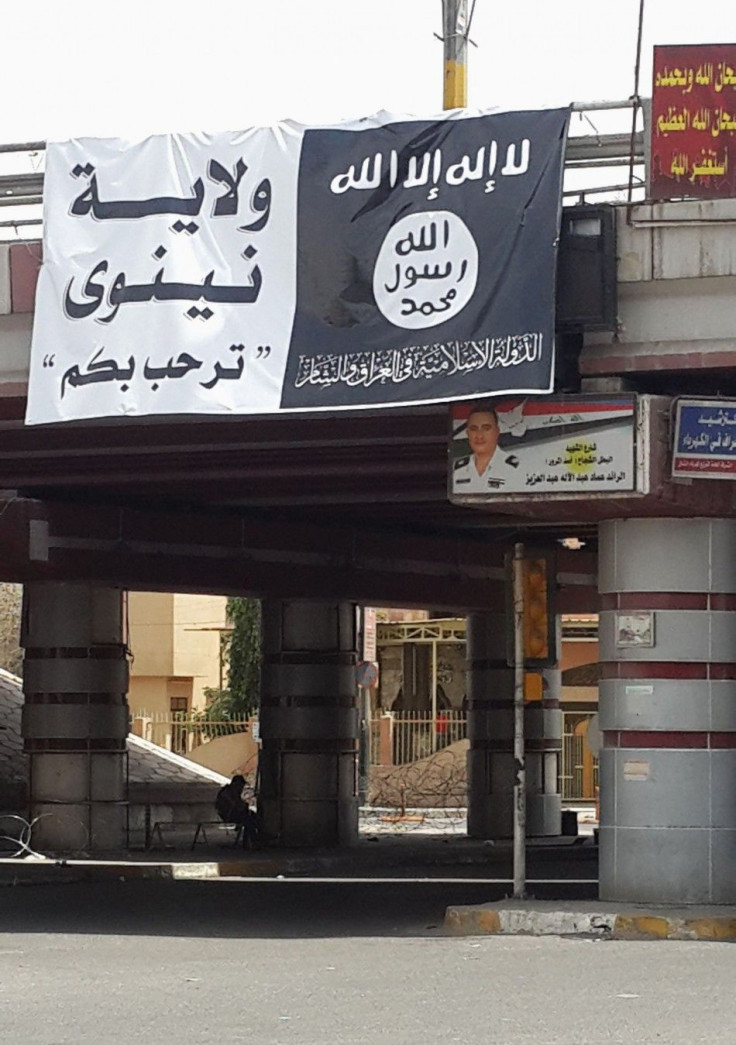US Tension WIth Iraq May 'Slow Down' Plans Of Retaking Mosul From ISIS

Tensions between the U.S. and Iraq rose over the timeframe of the offensive against ISIS. Iraqi officials have declared they would fight ISIS on their own time and with or without the help of U.S. troops.
U.S. warplanes have sat out the biggest offensive against ISIS amid concerns that Iran will have a prominent role. Last March 2, the Iraqi government had launched a sensitive operation to drive away ISIS militants from Tikrit without seeking U.S. assistance. The New York Times reports that the battle for Tikrit may be an indication of tension with the U.S.
U.S. officials have expressed their discomfort on Iran’s prominent role along with the Shiite militias in the Tikrit offensive. Militia leaders said their fighters are more than two-thirds of the 30,000-strong Iraqi government force. Major General Qassim Suleimani from Iran will also reportedly help lead the soldiers near the front lines. According to U.S. officials, the Shiite militias will have Iran’s Revolutionary Guard Corps operating artillery, surveillance drones and rocket launchers. Officials fear that the participation of Iran’s forces in an attack against Tikrit may spark the sectarian conflict ISIS is exploiting.
The operation in Tikrit was announced amid the earlier Iraqi irritation with U.S. officials after revealing the schedule of the Mosul assault. After the Iraqi government expressed its disdain, U.S. officials have recently backtracked and said the offensive will not be ready until fall.
Ali al-Alaaq, a close aide of Iraqi Prime Minister Haider al-Abadi, said Iraqi forces can march against Mosul without the aid of the U.S. if they had to. He told reporters in an interview that if the U.S. will continue “procrastinating” about the time it will take to liberate the country, Iraq will march to Mosul and Anbar without the Americans.
Meanwhile, Iraqi government troops and Shiite militias were unable to advance further in Tikrit as roadside mines and suicide attacks kept them from advancing on the third day of the battle against ISIS in Saddam Hussein’s hometown.
According to CBS, it was the biggest offensive since ISIS seized territories across northern Iraq in 2014. If the alliance between Iraqis and Shiite militias fails to retake Tikrit, it could affect the progress of plans to liberate Mosul.
To report problems or leave feedback on this article, contact: r.su@ibtimes.com.au





















